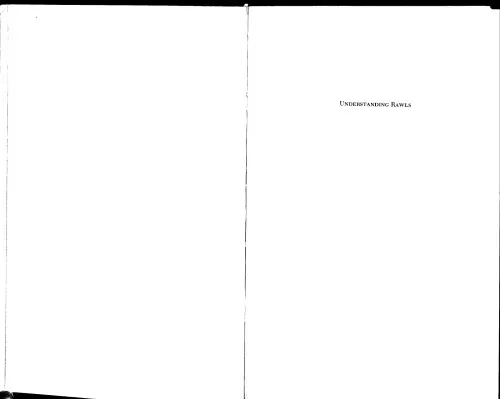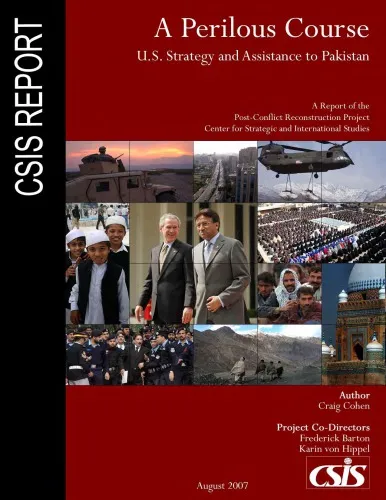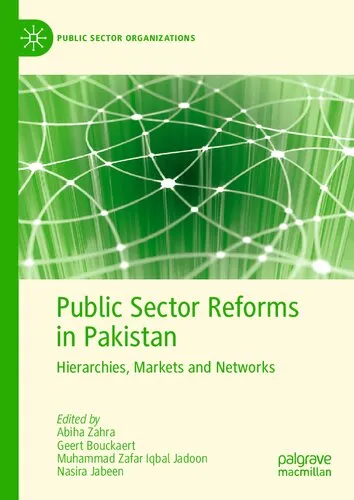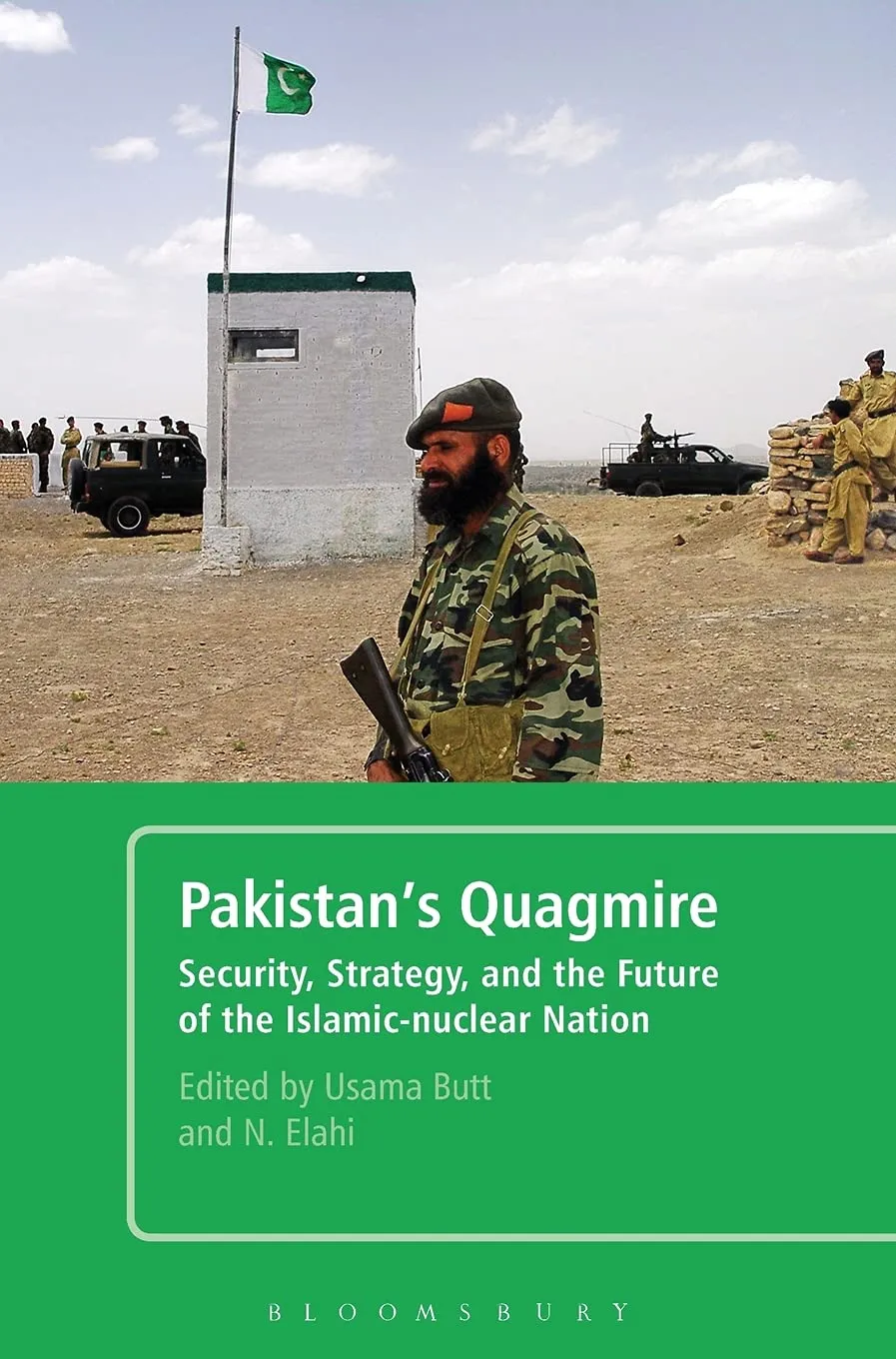A perilous course : U.S. strategy and assistance to Pakistan ; a report of the Post-Conflict Reconstruction Project
4.5
Reviews from our users

You Can Ask your questions from this book's AI after Login
Each download or ask from book AI costs 2 points. To earn more free points, please visit the Points Guide Page and complete some valuable actions.Related Refrences:
Welcome to an insightful journey through the challenges and strategic intricacies that encompass U.S. engagement and assistance to Pakistan. This comprehensive introduction provides a detailed exploration into "A Perilous Course: U.S. Strategy and Assistance to Pakistan," a report by the Center for Strategic and International Studies' Post-Conflict Reconstruction Project.
Detailed Summary of the Book
The book "A Perilous Course" delves into the complexities of U.S. relations with Pakistan, a nation of strategic importance in South Asia and beyond. It examines the multifaceted dimensions of U.S. assistance programs aimed at addressing crucial issues in Pakistan, such as political instability, security challenges, and economic development hurdles. Through meticulous research and analysis, the book provides a historical overview of U.S.-Pakistan relations, identifying patterns that have influenced current policies. The authors, Craig Cohen and Frederick Barton, offer a critical perspective on the effectiveness of American strategies and the impact of financial aid in fostering long-term peace and stability in Pakistan. By exploring both successes and failures, the book sets the stage for rethinking and recalibrating U.S. foreign assistance and policy approaches towards Pakistan, aiming for more sustainable and impactful outcomes.
Key Takeaways
- The historical context of U.S.-Pakistan relations reveals a recurring pattern of engagement driven by geopolitical interests rather than mutual benefits.
- Economic assistance alone cannot remedy the deep-seated political and security issues in Pakistan; a multi-faceted strategy is necessary.
- U.S. foreign assistance must prioritize capacity-building in Pakistani institutions to ensure long-term effectiveness and sustainability.
- Strategic patience and a commitment to understanding local dynamics are crucial for successful policy implementation.
- Better alignment of U.S. objectives with Pakistan's priorities can enhance aid effectiveness and bilateral relationships.
Famous Quotes from the Book
"Engaging with Pakistan entails navigating a labyrinth of challenges, yet it also presents opportunities for transformative partnerships."
"Aid that fails to address the root causes of insecurity and instability does little more than buy temporary alliances."
Why This Book Matters
This book is a pivotal resource for policymakers, scholars, and anyone interested in international relations and development. It addresses the critical need for a nuanced understanding of U.S. foreign assistance's role in fostering stability in regions marked by conflict and unpredictability. The insights provided herein are invaluable for shaping future strategies that not only aim to assist Pakistan but also enhance global security dynamics. By emphasizing evidence-based analysis, the authors urge stakeholders to look beyond traditional paradigms and consider innovative approaches to international aid and diplomacy. As global attention remains fixed on South Asia, particularly issues surrounding terrorism, nuclear proliferation, and regional stability, "A Perilous Course" serves as a timely evaluation of past practices and a guide for future actions.
Free Direct Download
You Can Download this book after Login
Accessing books through legal platforms and public libraries not only supports the rights of authors and publishers but also contributes to the sustainability of reading culture. Before downloading, please take a moment to consider these options.
Find this book on other platforms:
WorldCat helps you find books in libraries worldwide.
See ratings, reviews, and discussions on Goodreads.
Find and buy rare or used books on AbeBooks.
1285
بازدید4.5
امتیاز0
نظر98%
رضایتReviews:
4.5
Based on 0 users review
Questions & Answers
Ask questions about this book or help others by answering
No questions yet. Be the first to ask!













